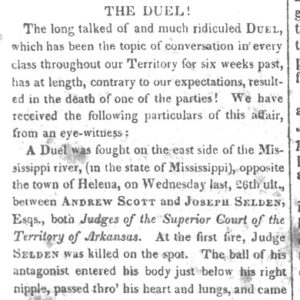 Duel Story
Duel Story
Entry Category: Judges
 Duel Story
Duel Story
Dunaway, Edwin Eagle
Eakin, Jno
aka: John Rogers Eakin
Eisele, Garnett Thomas (Tom)
English, Elbert Hartwell
Erwin, Judson Landers, Jr.
Eskridge, Thomas P.
Evans, Timothy C.
Fairchild, Hulbert Fellows
Feild, William Hume “Rush” Sr.
Fleming, Victor Anson (Vic)
Fogleman, John Albert
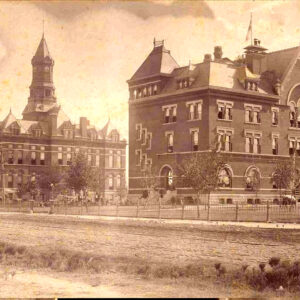 Fort Smith Courthouses, 1896
Fort Smith Courthouses, 1896
Frauenthal, Samuel
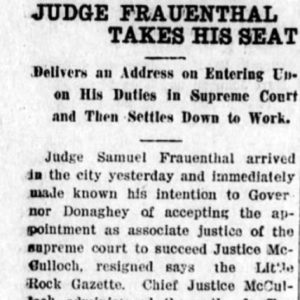 Samuel Frauenthal Address
Samuel Frauenthal Address
Fussell, Robert Foreman (Bobby)
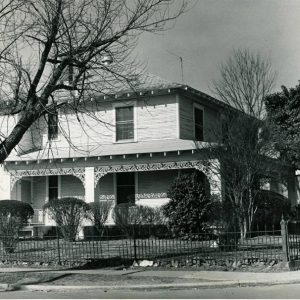 Gibbs Home
Gibbs Home
Gibbs, Mifflin Wistar
Glaze, Thomas Arthur (Tom)
Greenhaw, Karl
Gregg, Lafayette
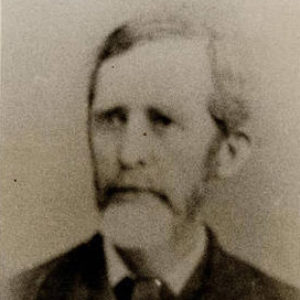 Lafayette Gregg
Lafayette Gregg
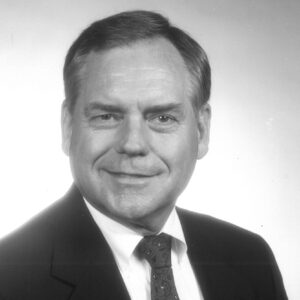 James H. Gunter
James H. Gunter
Gunter, James Houston (Jim), Jr.
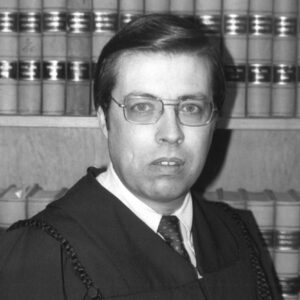 James R. Hannah
James R. Hannah
Hannah, James Robert (Jim)
Harper, Charles Augustus (C. A.)
Harris, Carleton
Harris, Oren
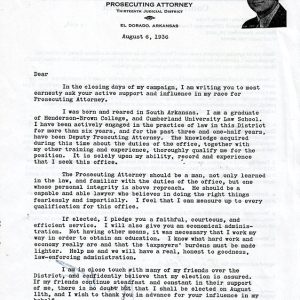 Oren Harris Campaign Letter
Oren Harris Campaign Letter
Harrison, William M.
Hart, Jesse Cleveland
Hart, Josephine Linker (Jo)
Hays, Marion Steele
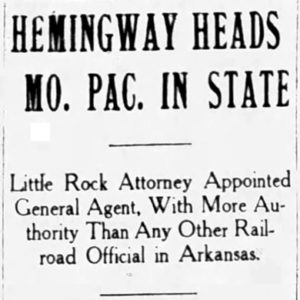 Hemingway Railroad Article
Hemingway Railroad Article
Hemingway, Wilson Edwin
Henley, Jesse Smith
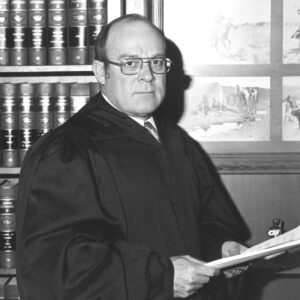 Darrell D. Hickman
Darrell D. Hickman
Hickman, Darrell David
Hill, Joseph Morrison
Hollingsworth, Perlesta Arthur “Les”
Holt, J. Seaborn
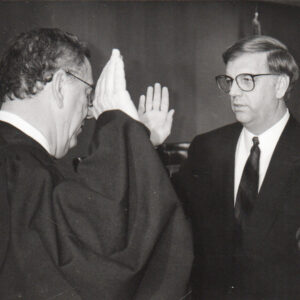 Jack Holt Swearing in Dan Flowers
Jack Holt Swearing in Dan Flowers
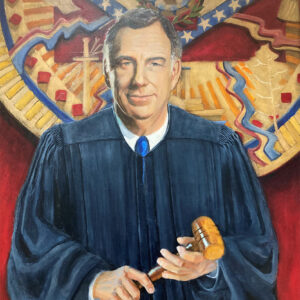 Jack W. Holt
Jack W. Holt
Holt, Jack Wilson, Jr.
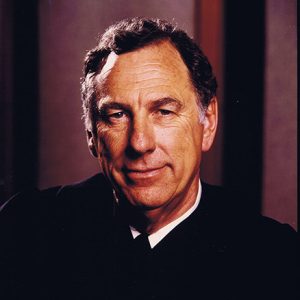 Jack Wilson Holt Jr.
Jack Wilson Holt Jr.
Holt, Jack Wilson, Sr.
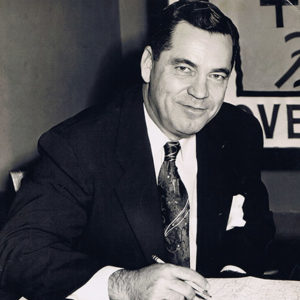 Jack Wilson Holt Sr.
Jack Wilson Holt Sr.
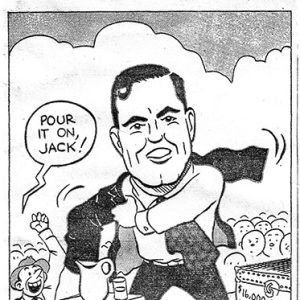 Jack Wilson Holt Sr. Cartoon
Jack Wilson Holt Sr. Cartoon




